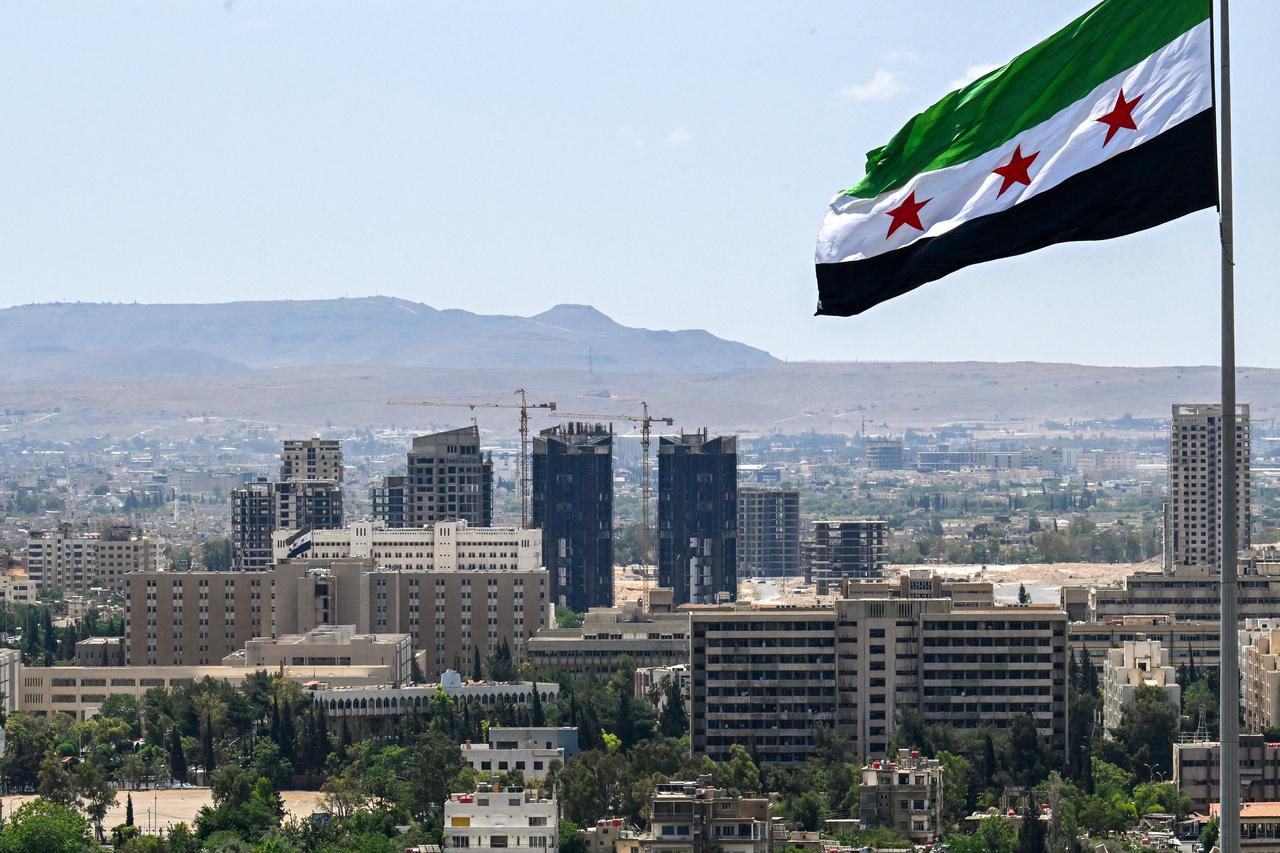
Syria is preparing to reconnect to the SWIFT international payment network within weeks, aiming to reintegrate the country into the global economy after more than a decade of conflict and international sanctions.
The announcement came from Abdulkader Husrieh, the new central bank governor, who outlined the move as part of a sweeping plan to overhaul Syria’s battered financial system.
Speaking to British business-focused news outlet FT, Husrieh described the restoration of SWIFT access as the first major milestone under the new administration’s economic reform program, launched shortly after the United States lifted sanctions on Syria in May. He emphasized that this development is intended to attract international trade and investment, both of which are seen as vital to reconstruction efforts following years of civil war.

As part of Syria’s broader economic reset, Central Bank Governor Abdul Qader al-Husri has outlined a six-to-12-month stabilization strategy developed in coordination with the finance ministry. The plan focuses on reforming outdated banking laws, modernizing monetary policy, and restructuring both the social security and housing finance systems. A key component of the initiative is to attract investment from Syrians living abroad, with the goal of channeling diaspora capital into the country’s reconstruction and long-term growth.
According to Husrieh, rejoining SWIFT—a global messaging system used for international banking transactions—will play a pivotal role in restoring trade flows. It is expected to reduce import costs, facilitate exports, and bring foreign currency into the country. It will also help combat money laundering and reduce Syria’s reliance on informal financial networks, which have charged high commissions for cross-border transfers. Husrieh said banks and the central bank have already been assigned SWIFT codes, and that the final step is for correspondent banks to resume processing transactions.

He also highlighted the establishment of a new state institution that would provide guarantees for private bank deposits, complementing the already government-backed public banking sector. These assurances are intended to strengthen investor confidence in Syria’s financial system.
The central bank is aiming to unify the Syrian pound’s multiple exchange rates by shifting toward a managed float system. The Syrian pound, which had lost over 95% of its value before Assad’s ousting, has since regained some strength, though significant volatility remains. Husrieh noted the importance of eliminating the gap between official and black market exchange rates in order to stabilize the currency.

On the other hand, with the country’s infrastructure devastated and reconstruction costs running into the hundreds of billions of dollars, the interim government under President Ahmed al-Sharaa is pursuing international partnerships to finance the rebuilding process. Talks have begun with the International Monetary Fund and the World Bank, while support from regional powers is growing.
Saudi Arabia and Qatar recently settled Syria’s $15.5 million debt to the World Bank and pledged to cover at least three months of public sector wages. Preliminary agreements have also been signed with companies from the UAE, Saudi Arabia, and Qatar for large-scale infrastructure and energy projects.
Instead of relying on traditional loans, Syria is exploring the issuance of sukuk—Islamic financial certificates similar to bonds but structured to comply with Islamic law, which prohibits interest. The country has also accepted direct aid, including $146 million from the World Bank for its power sector and $80 million from Sweden to support the rehabilitation of schools and hospitals.
Since the ousting of Bashar al-Assad in December 2024, Husrieh has acknowledged that although Syria has made meaningful progress, fully implementing the reform agenda remains a significant challenge. “So far, we’ve only seen licence issuance and selective sanctions removal,” he said. “Implementation must be comprehensive, not ad hoc.”